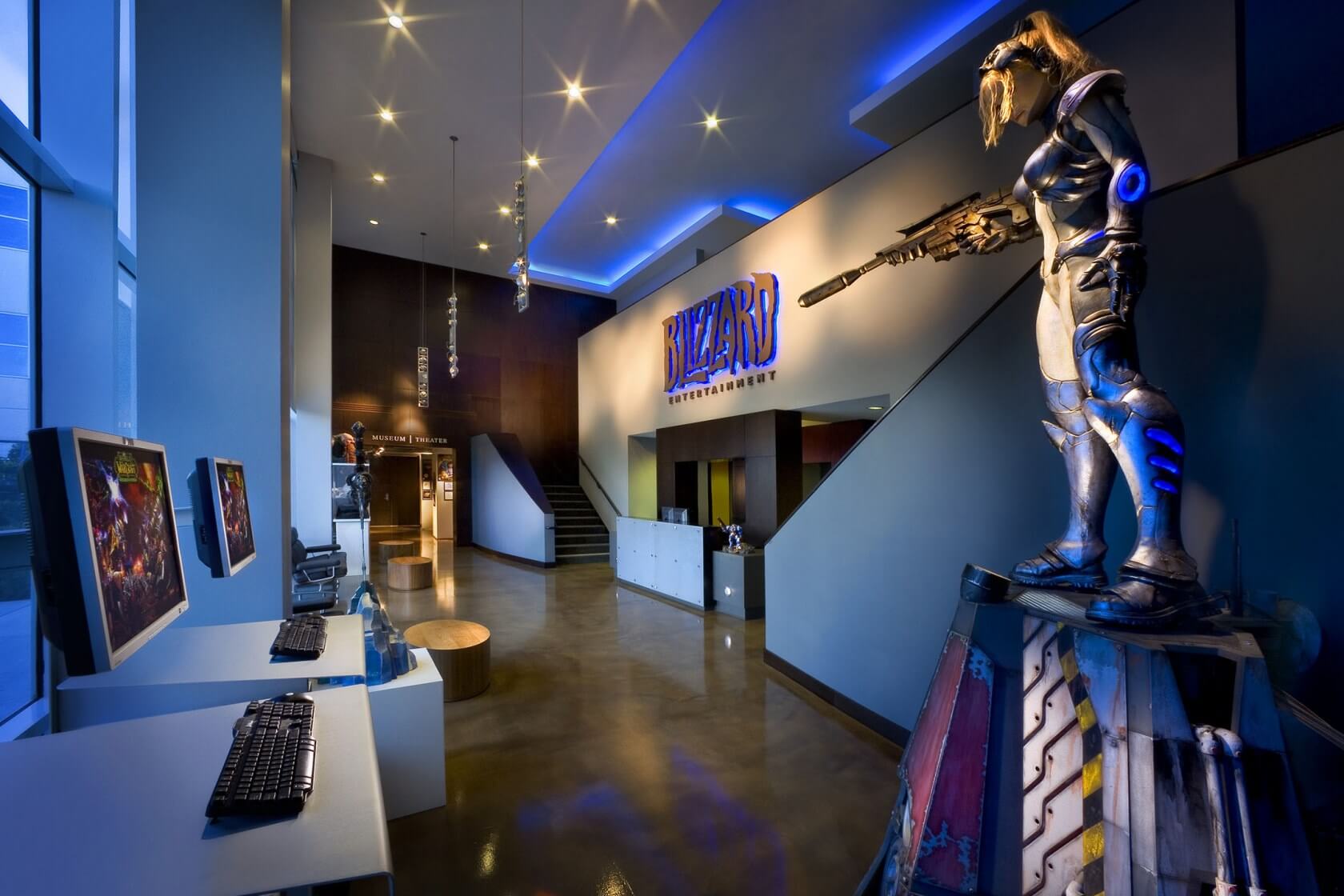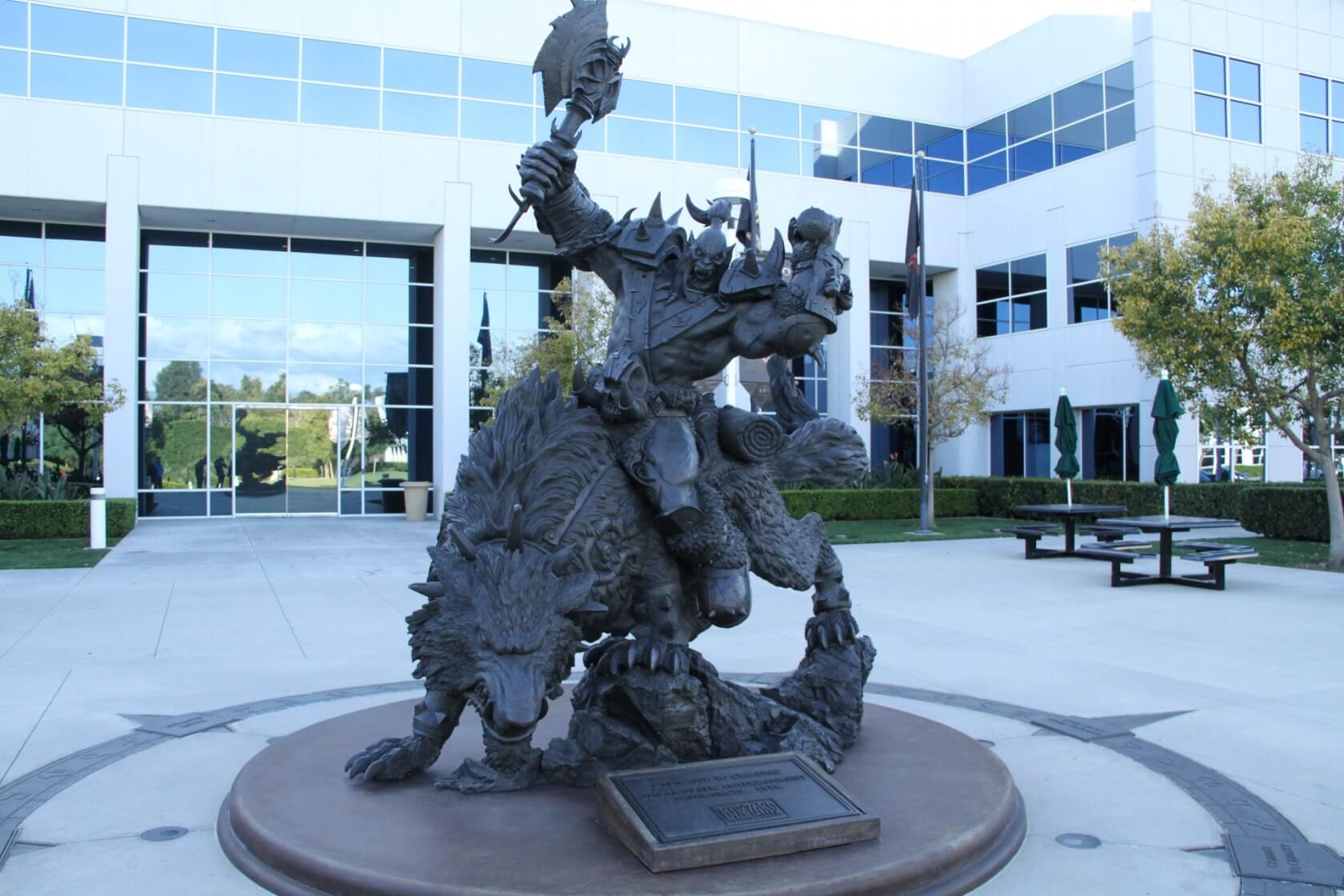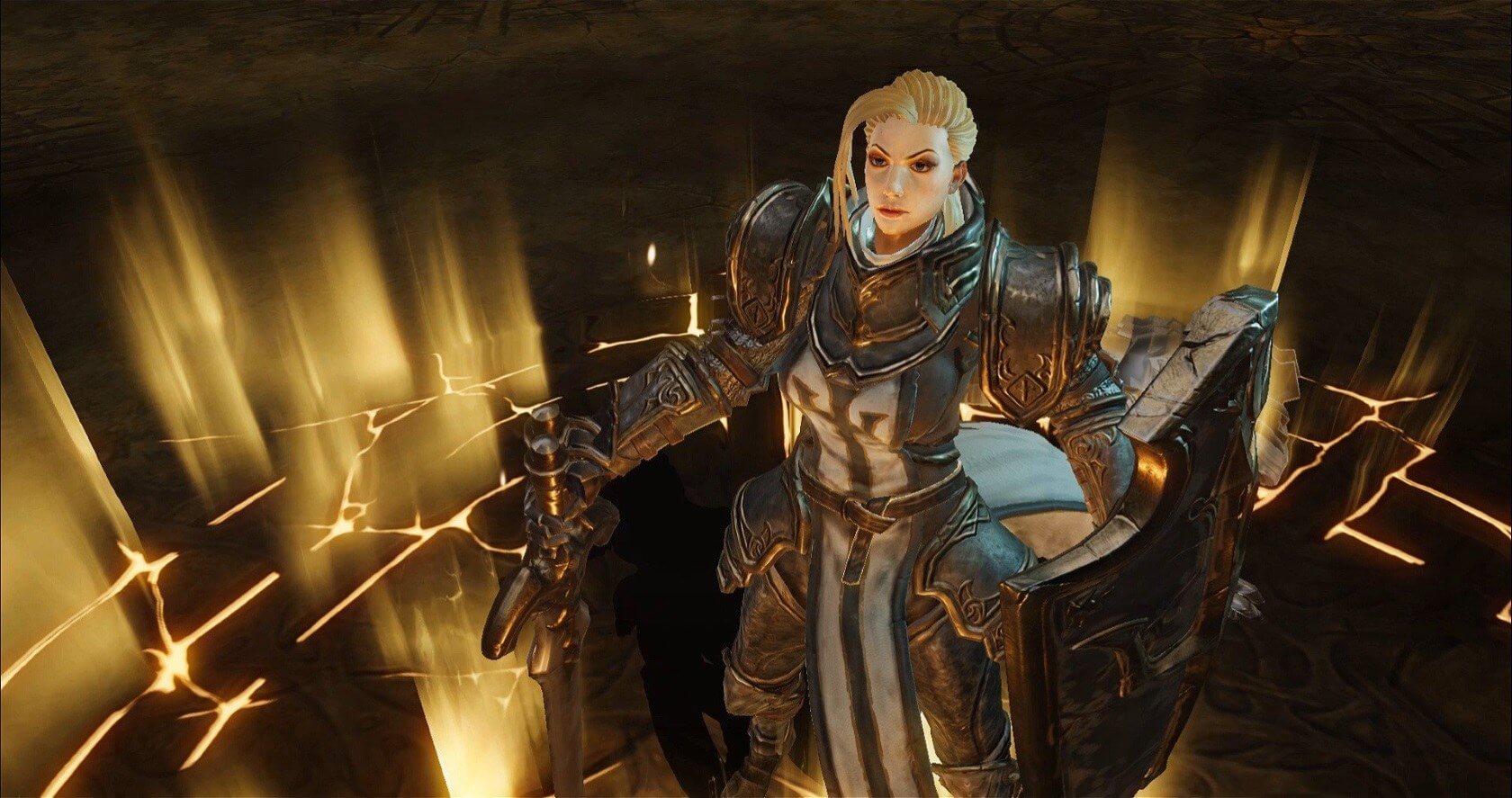
It seems Blizzard's financial status might be a bit more precarious than the exceptional performance of Overwatch would have you believe. The first hints of this popped up recently when the company killed off the eSports side of its popular MOBA title Heroes of the Storm, but a recent Kotaku report provides even more details on the matter.
According to sources close to Blizzard that spoke to Kotaku writer Jason Schreier on the condition of anonymity, Blizzard has a unique cost-cutting program in place called "Career Crossroads." In short, it allows select employees to leave the company voluntarily with a "healthy" payout in their pocket.
Blizzard's main rationale for this program is that it gives employees a way to explore other career opportunities without any bad blood - they don't need to quit or be fired, and they can still walk away with some cash to support their transition.

However, until recently, this program has been relatively small in scope, only covering "veteran" customer service representatives. Now, though, the program is being expanded to include QA and IT - arguably two of the most important departments for a game development studio.
"Over the course of the last year, Blizzard has been trying very actively to find creative ways to cut costs that won’t draw negative press attention," one of Kotaku's sources said in a statement. Though we can't verify that claim for ourselves, it seems credible - the Career Crossroads company is a win for everyone involved, and as the source implies, is unlikely to draw the ire of reporters or the public. After all, the program allows Blizzard to passively shed some of its excess staff without the need for mass layoffs.
For better or worse, though, Career Crossroads isn't the only example of a profit-first mentality within Blizzard HQ.
Multiple current and former Blizzard developers have told Kotaku that an increasing number of decisions are being made by business, marketing, and finance teams rather than creative professionals. "There's a real struggle now between developers and the business people," one source said.

The controversy surrounding Blizzard's announcement of its upcoming mobile title Diablo: Immortal could be an example of that struggle. Mobile games are the next gold rush for many AAA developers, and Immortal is precisely the sort of project business-minded game executives would be excited for: it will undoubtedly cost significantly less to make than a full Diablo sequel, and it will probably reach a bigger audience.
However, the game's development is also being farmed out to Chinese studio NetEase, giving Blizzard's internal developers less influence over its direction, monetization, and overall quality.
Regardless, it should be emphasized that despite Schreier's positive track record, little of this information has been officially confirmed by Blizzard. As such, for now, we advise our readers to take Kotaku's report with a healthy dose of skepticism.